

We are gewählt. mit 3 Sitzen im Senat. SwiSe
Thank you very much for your votes & your trust in the last 2 years !!!
This year it's one last time:

Our positions
No beer for Nazis...
...and it doesn't stop with Nazis.
There is no room for discrimination of any kind at our university. Whether racist, sexist, against people with disabilities or because of sexual orientation.
Cases of discrimination must not only be investigated and dealt with, but must also have visible consequences where applicable.
We welcome the university's activities in this direction, but at the same time see considerable room for improvement, particularly in terms of communication on this topic.
Relieving the burden on students
According to the TK Health Report 2023, over half of students say they often feel stressed. The main stress factors are pressure to perform, financial worries and fears about the future. It is particularly alarming that almost a third of those surveyed stated that they already suffer from mental health problems. (Source: TK Health Report 2023).
We call on the university to take this into account in its decisions and continue to support existing offers and future measures to relieve and advise students.
Are you under stress or in financial difficulties?
There are a few places to go that we can recommend without reservation:
- Psychological counseling at the Studierendenwerk -> https://www.studierendenwerk-bonn.de/beratung-soziales/psychologische-beratungsstelle-pbs/
- Financial support from the AStA -> Link: https://asta-hs-brs.de/soziales/
- For pregnant women or students with children there is the counselling centre HELP https://www.h-brs.de/de/help-beratungsstelle der Family-friendly university -> https://www.h-brs.de/de/help-familiengerechte-hochschule
Source: TK Health Report 2023. -> https://www.tk.de/lebenswelten/gesunde-hochschule/studien-und-analysen/gesundheitsreport-2023-studierendengesundheit–2151494
Communications and Transparency
Democracy, and in this sense also self-administration, thrives on participation. It is not surprising that only a few students are interested in the university committees and their work if there is hardly any information to be found about them. We are therefore committed to improving the visibility of the work and influence of university committees and the opportunities to participate in them.
Students should be able to find out more easily who their contact persons are, how they can contact their representatives and what opportunities there are to get involved themselves. University policy decisions must not only be discussed internally - they must reach everyone!
A university thrives on the participation of its students. However, if information is difficult to find and the structures remain opaque, co-determination becomes more difficult. We therefore advocate clear, public and up-to-date information on university committees and groups as well as simple contact options for student representatives.
We set out our position in detail in our motion to the Senate on 21 November 2024: https://www.h-brs.de/sites/default/files/2025-01/24-11-21-Protokoll_Senat_160-Sitzung-barrierefrei-mit%20TN-Liste.pdf
Rights for Rheinbach!
Almost four years after the flood disaster, the campus in Rheinbach is still a long way from being finished.
We are working with both the university and the student body to ensure that the same opportunities are created for students in Rheinbach as in Sankt Augustin to the best of our ability. Furthermore, we support open and regular communication about the current status of work on the campus.
Through our work in the student councils, StuPa and AStA, we are in regular dialogue with the university and the Studierendenwerk in order to constantly improve the quality of student life and in particular the food situation.
The work of the university-wide committees should also be as balanced as possible at both locations. The meetings of StuPa and AStA take place alternately in Sankt Augustin and Rheinbach.
Teaching and Learning
We feel that the university is generally and on the whole a good place to learn and study. In our opinion, the right goals are being pursued, e.g. by focusing more on digital skills and sustainability, and practical relevance also plays a fundamental role.
We greatly appreciate the opportunity to participate and exchange ideas via the Teaching Committee, in which students are also given the feeling that their voice is being heard and considered. Anyone who has concerns or further suggestions can contact us or the AStA or StuPa at any time.
Digitalization and Sustainability
The university has committed itself to digitalization and sustainability as overarching goals. We expressly support this once again.
We welcome the fact that the topic of sustainability is integrated into teaching and support the creation of opportunities for students to engage further with this topic.
In addition to integrating these topics into teaching, they must also be taken into account in all administrative and research decisions.
Who are these dudes behind SwiSe?

Kai
0 and 1

Nicole
something with lab coat & pipettes

Bennett
Eco-engineer

Lian
Forensic scientist in organic mode

Maike
Psychological economist
🏆 Hall of Fame 🏆
of the Senate list SwiSe
SwiSe legend

Dennis
Study with blue light bonus
Former SwiSe boss
SwiSe legend

Klara
something with media
SwiSe legend

Daniel
M. Eng. Electrical Engineering
Thank you for your commitment !!!
What even is the Senate?
Responsibilities
The Senate is an important decision-making Institution
Its voting members elect the Executive Board together with the University Council as part of the University Election Assembly.
It enacts and amends university regulations.
It makes recommendations and issues statements on university-wide matters relating to research, teaching and studies and reports from the Executive Board.
Composure
The Senate is made up of members from various groups:
Entitled to vote are:
- 9 Professors
- 2 academic employees
- 2 employees of administration
- 4 students (<- that's where we want to be)
Members not entitled to vote are:
- AStA
- Members of Präsidium
- Deans
- Equal Opportunities Officer
- Representative for severely disabled persons
- Staff council
Sessions
Regular Senate meetings usually take place on the 3rd Thursday of each month. Agenda items must be submitted to the Senate Chair at least ten days before the meeting.
If you would like to have a topic discussed at a Senate meeting, please get in touch with us or via the Student Parliament and the AStA.
More Information
References

(Quelle)

“10/10 students would get involved here again”

So konntest du uns wählen
1. Step
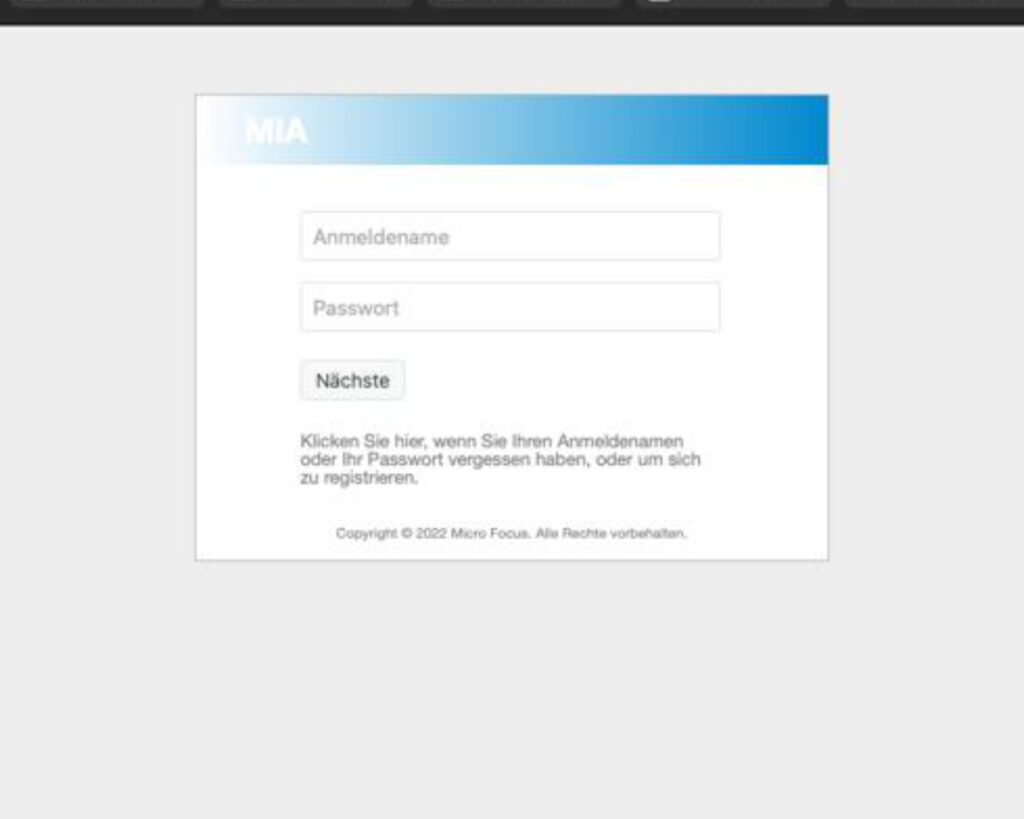
Die Wahlen finden wieder als reine Online-Wahl statt. Vom 07. April bis zum 11. April – 15 Uhr könnt ihr eure Stimme abgeben. Als erstes meldest du dich bei MIA .
2. Step
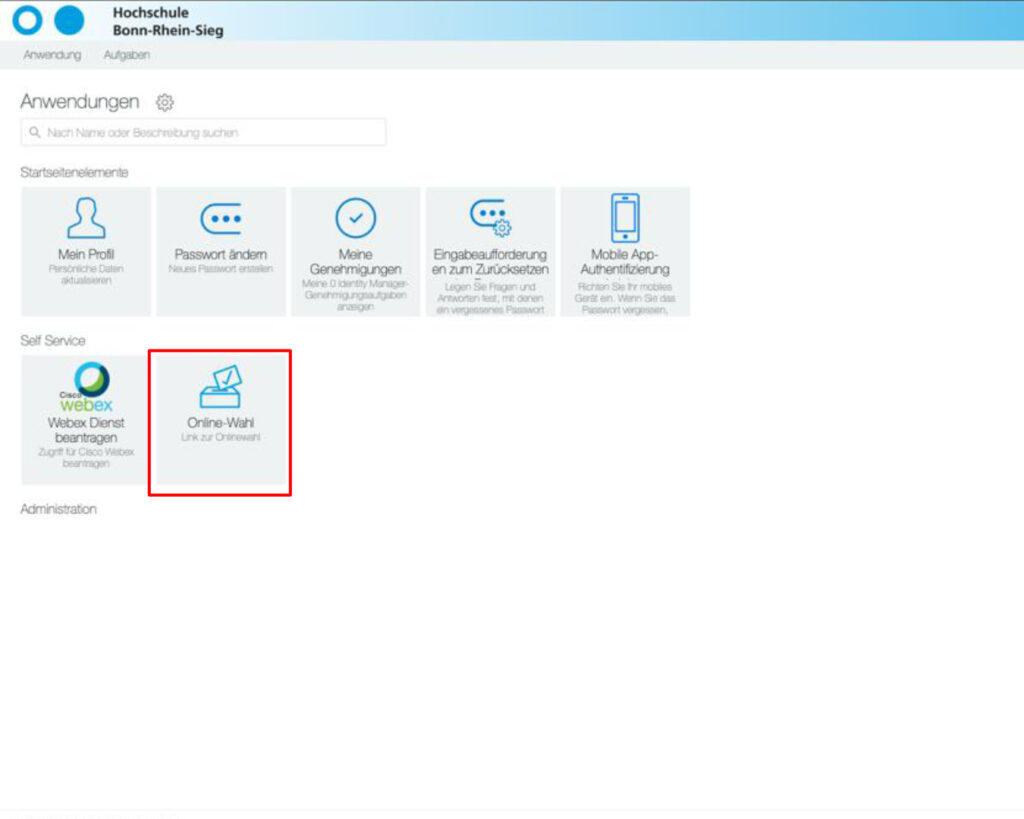
3. Step
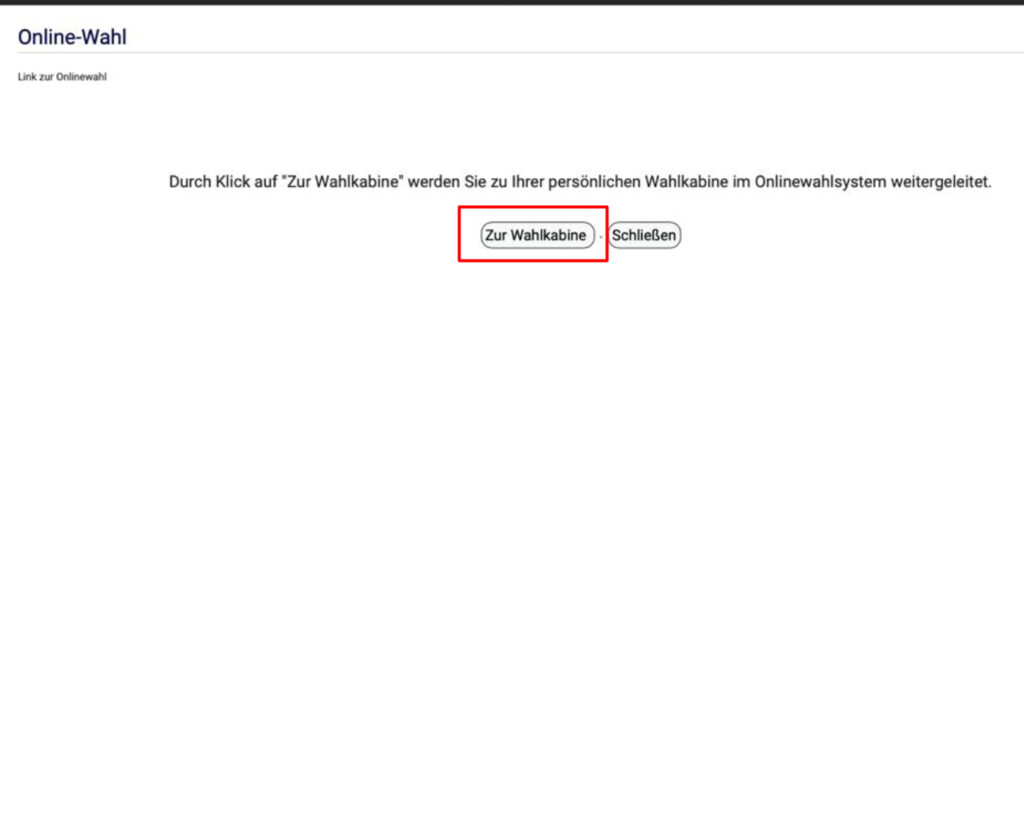
4. Step
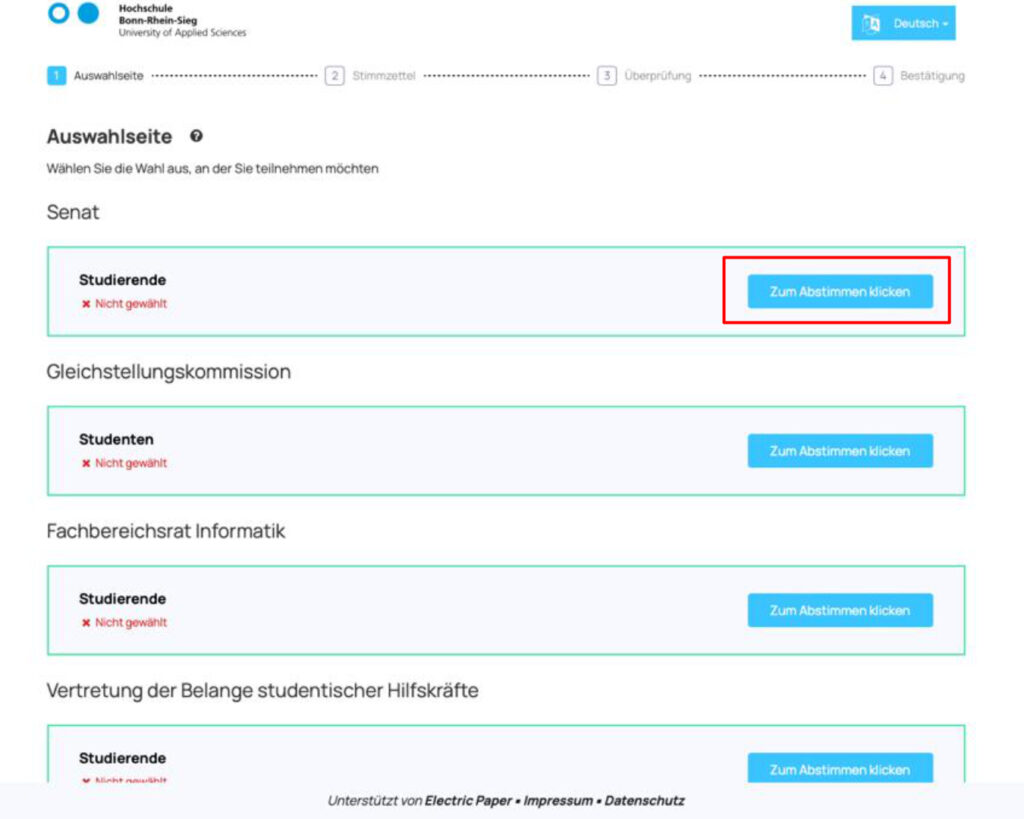
Here you will find all the committees for which you can elect representatives. You can find us at the Senate.
5. Step
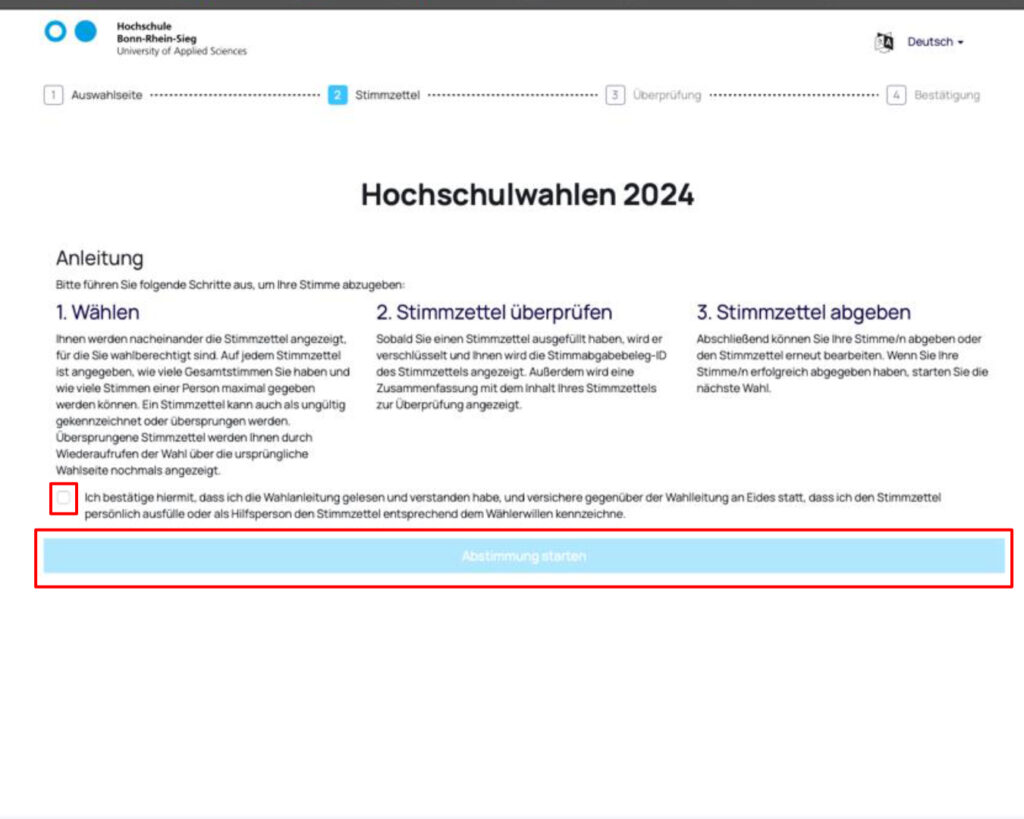
Now the process is explained to you and you confirm that you have taken note of it and understood it.
6. Step
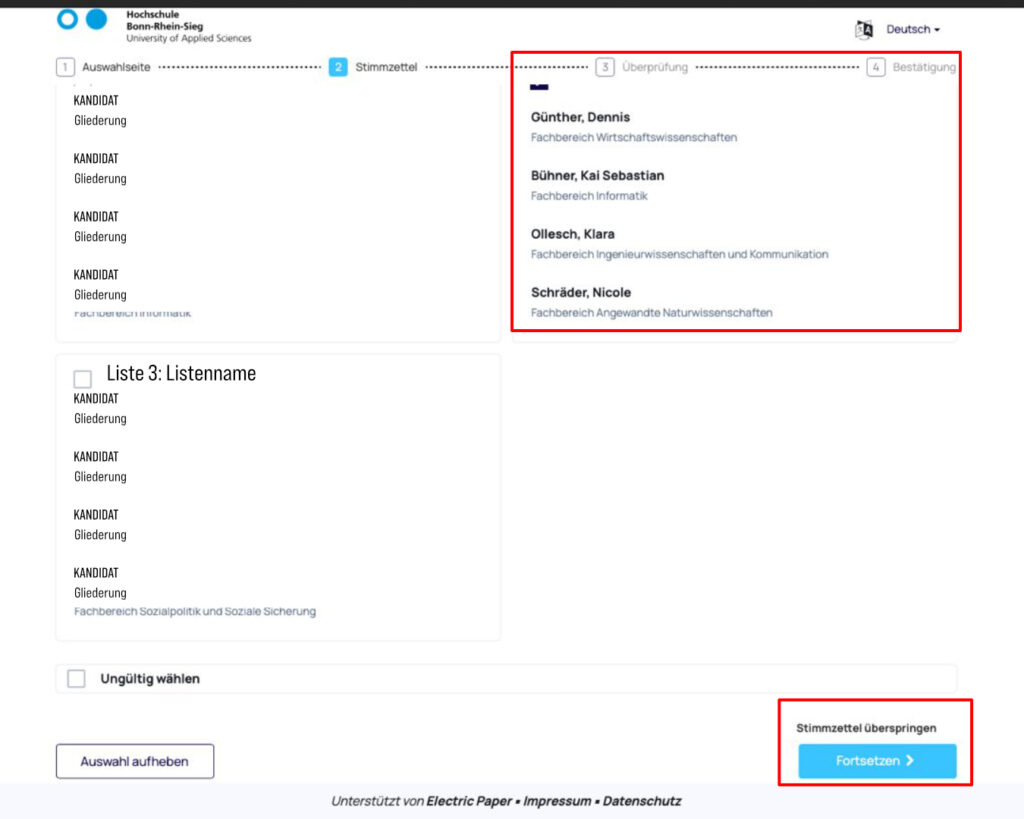
Decide on a list and confirm your choice. You can still change your mind afterwards!
7. Step
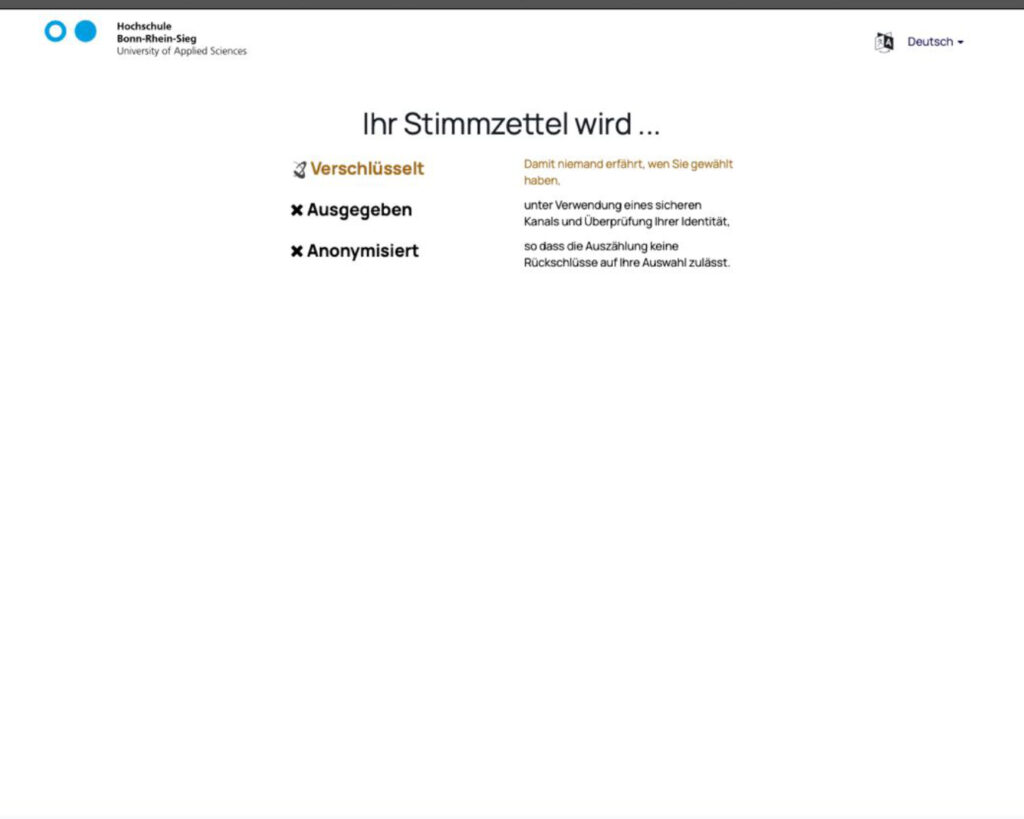
Wait until your ballot has been processed.
8. Step
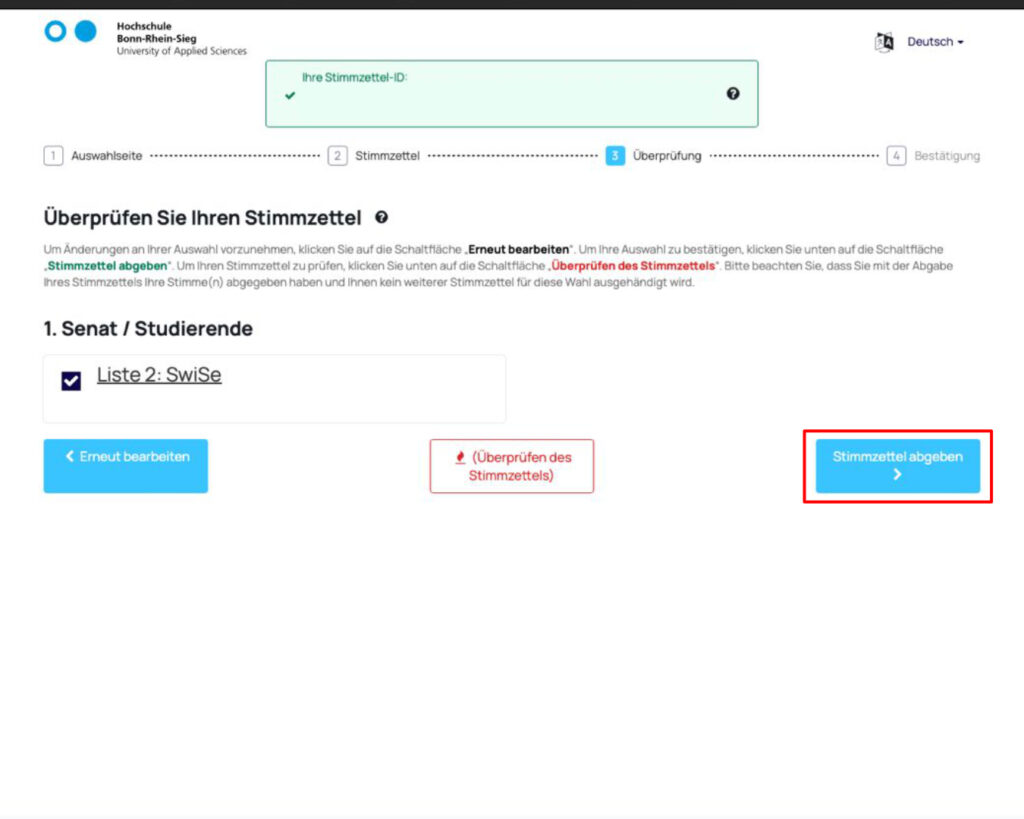
You will be shown your choice and have the opportunity to correct it. If you are happy with your result, you can submit the final ballot.
9. Step
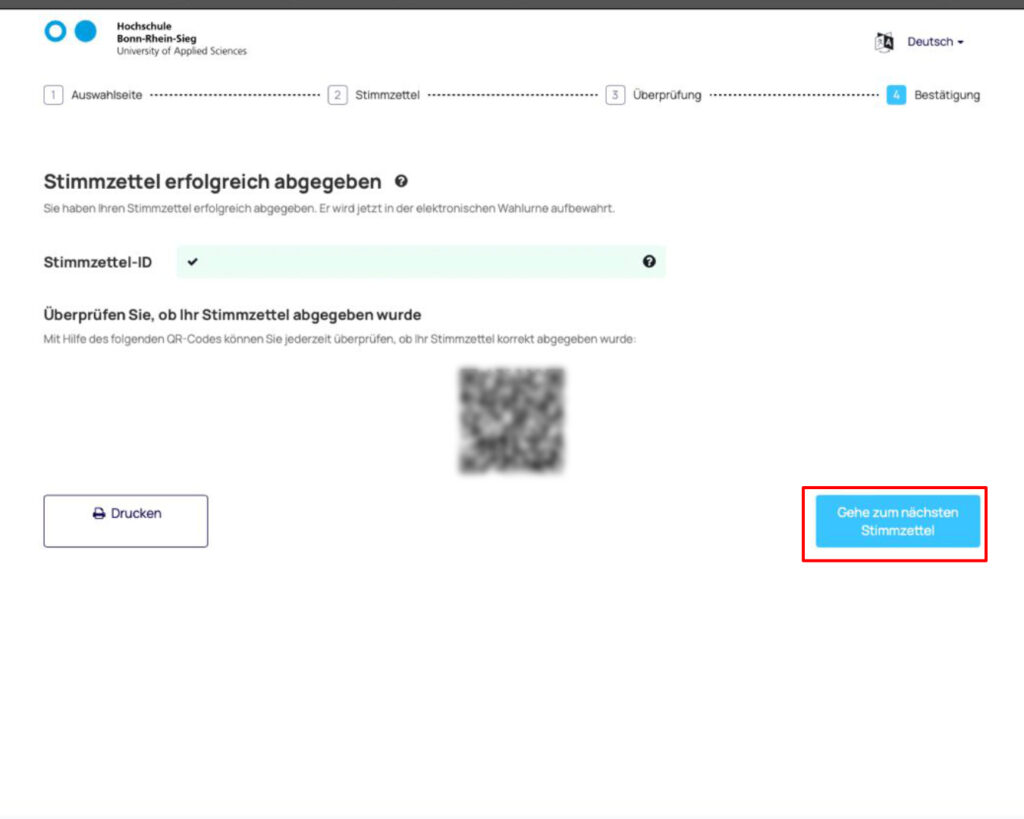
You will now receive confirmation that your ballot paper has been received and will be counted. Now you can also vote for the other committees.
10. Step
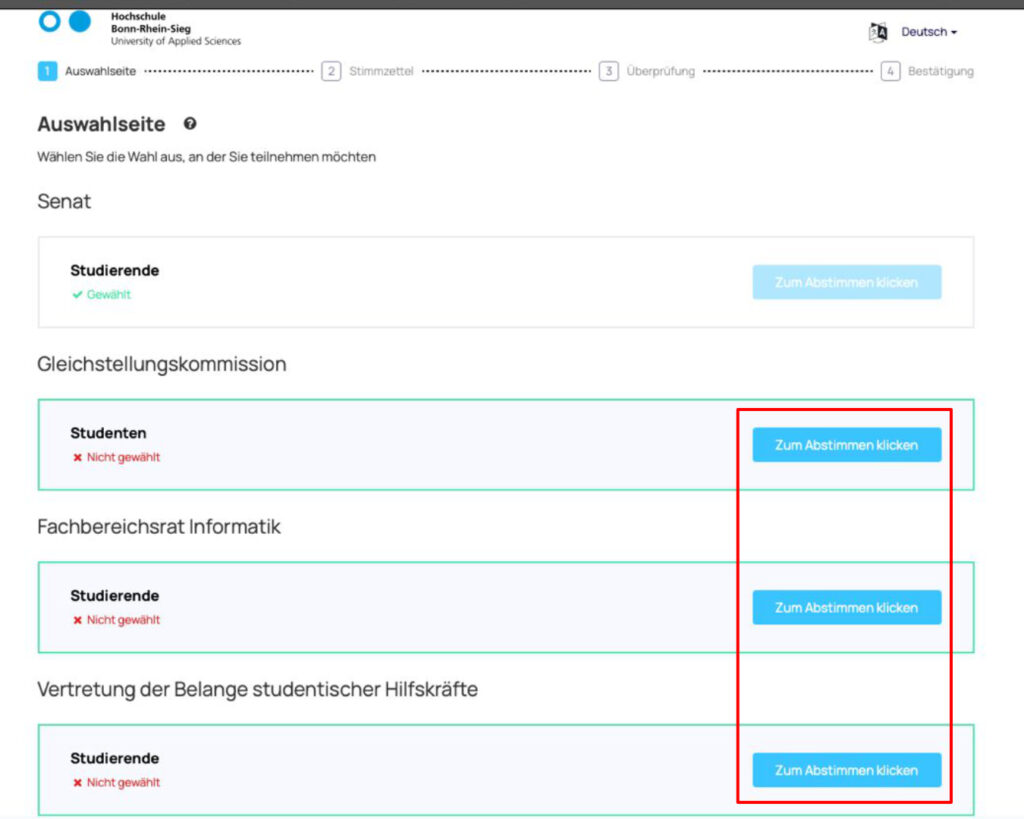
You go through the same process with the other committees.
11. Step
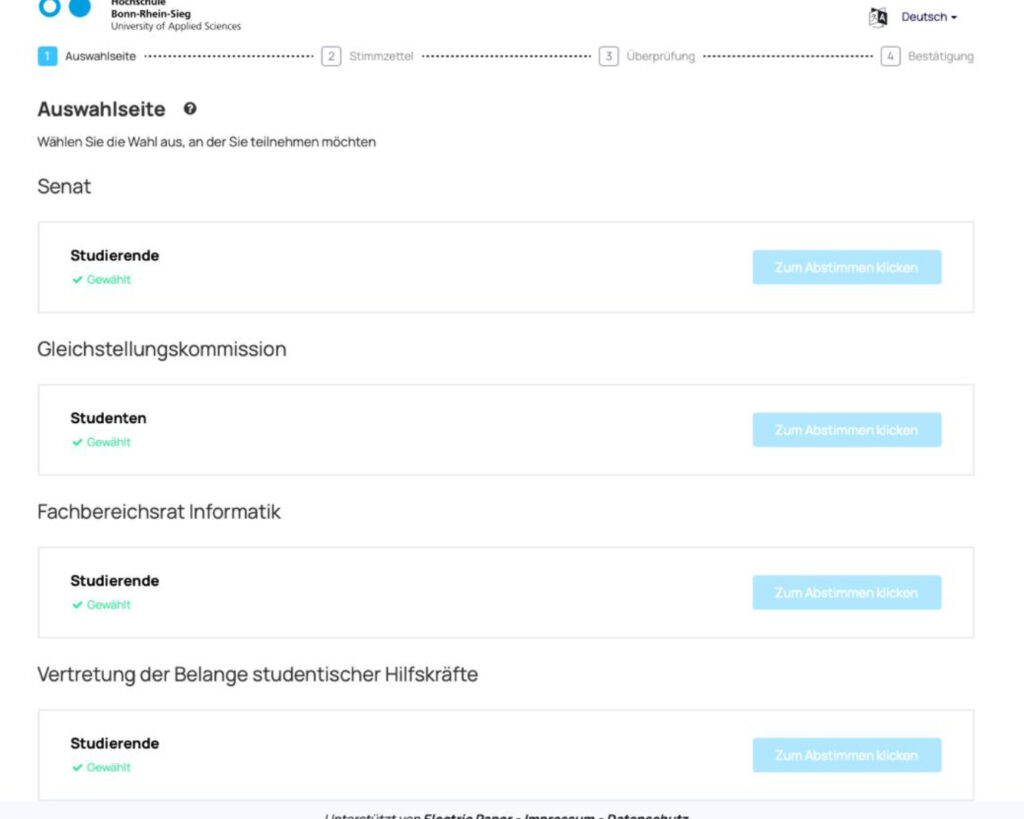
Did you vote for all the committees? You're a really cool sock. Maybe you'll put yourself forward next year?
Afterwards

Die Hochschulgremien hast du durch. Das nächste Level sind die studentischen Gremienwahlen. Am 20. und 21. Mai wählst du Studierendenparlament und Fachschaftsräte.
